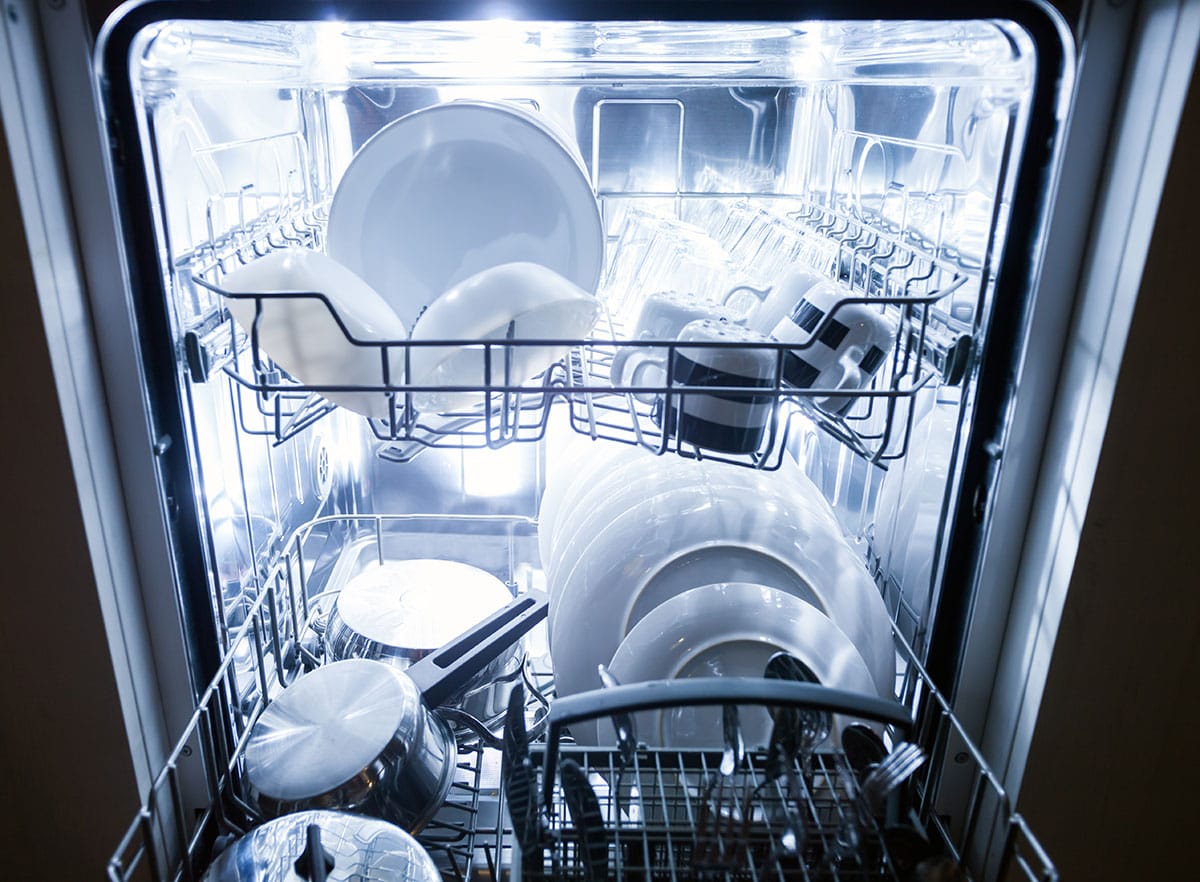
Automotive
Engineering plastics have revolutionized the automotive sector by replacing traditional metal components. These materials reduce vehicle weight, enhancing fuel efficiency and providing eco-friendly solutions. With benefits like durability, flexibility, and corrosion resistance, they are used in crucial parts such as bumpers, fuel tanks, dashboards, seats, and sound insulation. Polymers play a significant role in lowering costs and accelerating production, making them invaluable in the industry.

E-Vehicles
Engineering plastics play a key role in the electric vehicle (EV) sector, enhancing device performance with lightweight and durable structures that improve efficiency and portability. These polymer materials are used in cable coatings, battery enclosures, and protective cases for electronic components. Their high insulation properties increase safety, while resistance to heat and chemicals supports long-lasting use. Additionally, the moldability of polymers enables innovative designs, streamlining production and reducing costs, making them essential for both cost-effective and sustainable solutions in the e-vehicle industry.

Transportation
Engineering plastics play a critical role in the transportation sector by providing lightweight and durable materials that improve fuel efficiency and reduce environmental impact. These polymers are commonly used in vehicle interiors and exteriors, including bumpers, fuel tanks, and dashboard panels, due to their resistance to water, chemicals, and UV rays. This enhances vehicle lifespan while reducing maintenance. Their portability and flexibility also allow for innovative designs in modern transportation, speeding up production processes and reducing costs for significant sectoral impact.

Home Appliances
Engineering plastics enhance both the aesthetic and functional qualities of home appliances. These materials are used in the inner and outer surfaces of refrigerators, washing machines, and dishwashers, offering resistance to impact, heat, and chemicals. Their lightweight nature makes appliances easier to transport, while insulation properties support energy efficiency. Engineering plastics are essential in producing durable and visually appealing household appliances, meeting both practical and design needs for long-lasting products.

Electrical and Electronics
Engineering plastics enhance the performance and safety of devices in the electrical and electronics sector. With high insulation properties, they are used in cable coverings, sockets, switches, and device casings. These materials protect electronic circuits and offer advantages like heat and chemical resistance. The lightweight and durable nature of polymers contributes to the development of portable devices that are both sleek and long-lasting, while also reducing production costs. This makes engineering plastics an essential choice for innovative and efficient electronic applications.

Construction and Building
Engineering plastics provide longevity and durability in the construction sector, reducing maintenance costs. They are commonly used in pipe systems, window frames, roofing materials, and flooring. Their resistance to water, chemicals, and weather conditions extends the lifespan of buildings. Their lightweight nature facilitates easy transportation and installation, while their flexibility allows for creative designs in modern architecture. The advantages provided by polymers contribute significantly to cost-effective and sustainable construction solutions.

Security and Defense Industry
Engineering plastics are critical materials in the security and defense industry, providing durability and lightweight properties. These materials are used in armored vehicles, personal protective equipment, and weapon systems. The high impact resistance of polymers enhances safety under challenging conditions, while their resistance to water and chemicals ensures longevity. Additionally, their lightweight nature offers portability advantages, improving soldiers’ mobility. The flexible structures of polymers allow for innovative designs, providing advanced solutions that enhance strategic capabilities while reducing costs and improving performance.

Small Household Appliances
Engineering plastics offer lightweight, durability, and aesthetic advantages in the small household appliances sector. These materials are commonly used in the internal and external surfaces of devices such as kitchen appliances, vacuum cleaners, and personal care products. The high heat and chemical resistance of polymers ensures safe operation of the appliances. Their lightweight design enhances portability and ease of use. Furthermore, the moldability of polymers allows for the development of modern and attractive designs while improving energy efficiency and user satisfaction.

Machine Parts
Engineering plastics are increasingly finding applications in the machinery industry. Their ability to be processed faster and easier than aluminum and bronze reduces maintenance costs and time. Additionally, engineering plastics apply less pressure on surfaces due to their lighter weight, allowing for the lifting of heavier loads. They are used in various sectors, including cable pulleys, guide bearings, chain gears, sliding plates, bearings, rollers, and nuts. Engineering plastics provide a better price-performance ratio compared to metal, stainless steel, and other materials.








